Subscribe to the Newsletter
If you are interested in understanding how Traditional Chinese Medicine can improve your life sign up to my newsletter for the latest updates.

This page on the primary and secondary actions of foods, herbs and drugs came into being because of a question from Argentina!
Here was the question, exactly (miss-spellings included) as it was sent to me:
In Chinese medicine, spicy, alcohol and coffee usually have a heating or ‘speeding’ effect on people, so are yang in nature. Click for more on yin and yang.
However, that is their primary action.
All foods, herbs and medicines have primary and secondary actions.
The stronger the action of the food, herb or medicine the more clearly these primary and secondary actions will appear.
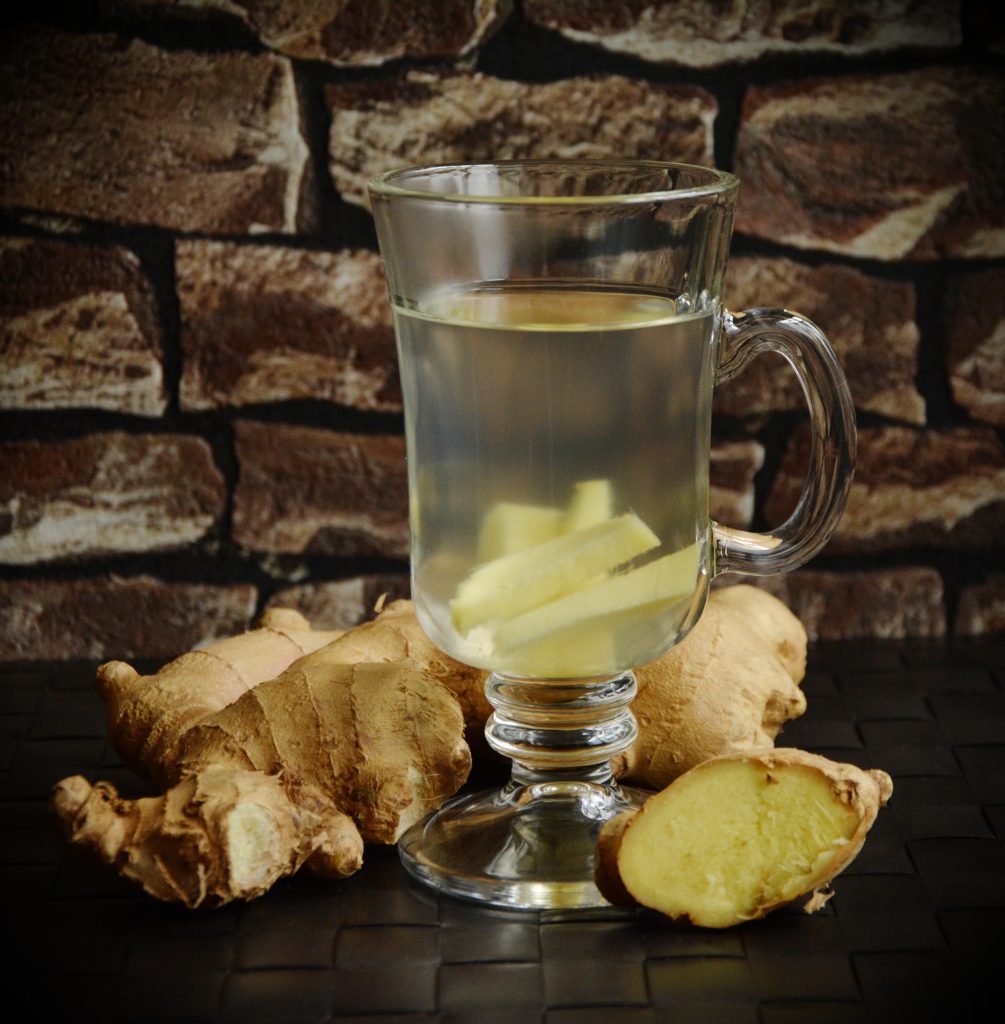
The first or primary action of a very spicy food is heating. It makes you hot, a yang action. (By the way, stem ginger – see picture – is warming, so safer, unless taken in excess. Dried eg powdered ginger is heating, however.)
The secondary effect is that it makes you sweat. That cools you down, a yin action.
Eventually, assuming you are in good health, the yang effect wears off and you stop sweating.
Sometimes, however, if your Lung energy is not working properly, especially your Lung’s ability to open and close your sweat pores, you may find you cannot stop sweating.
That can become very draining and eventually depletes your yin energies, making you yin deficient.
Read more about this under Lung Yin.
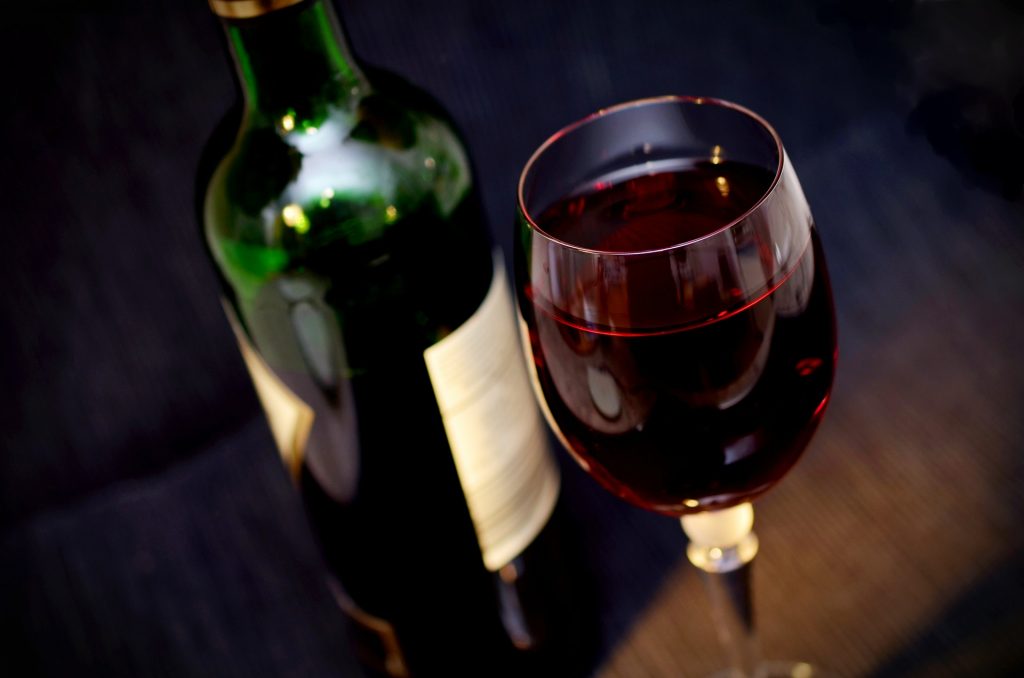
Strong alcohol does the same thing. In Scotland, where I live, whisky is prized for its warming (primary) comforting effect in cold weather.
Too much of it, and you start sweating, the secondary action, not a good thing in the usual cold climate here.
Of course, alcohol takes many forms. In general, the less alcoholic the less heating it is. But even cool white wine and beer are a bit heating.
Beer, however, is often classified in Chinese medicine as being cooling.
That may be because when a lot of it is drunk, chilled, especially in a cool climate, the heating effect may be overcome by the quantity of liquid drunk and its temperature and the temperature of the environment. In someone with yang deficiency, the heating effect of the beer’s alcohol may be insufficient to compensate, and the overall effect will be cooling.
People vary, like their circumstances, and Chinese medicine tries to understand different reactions.
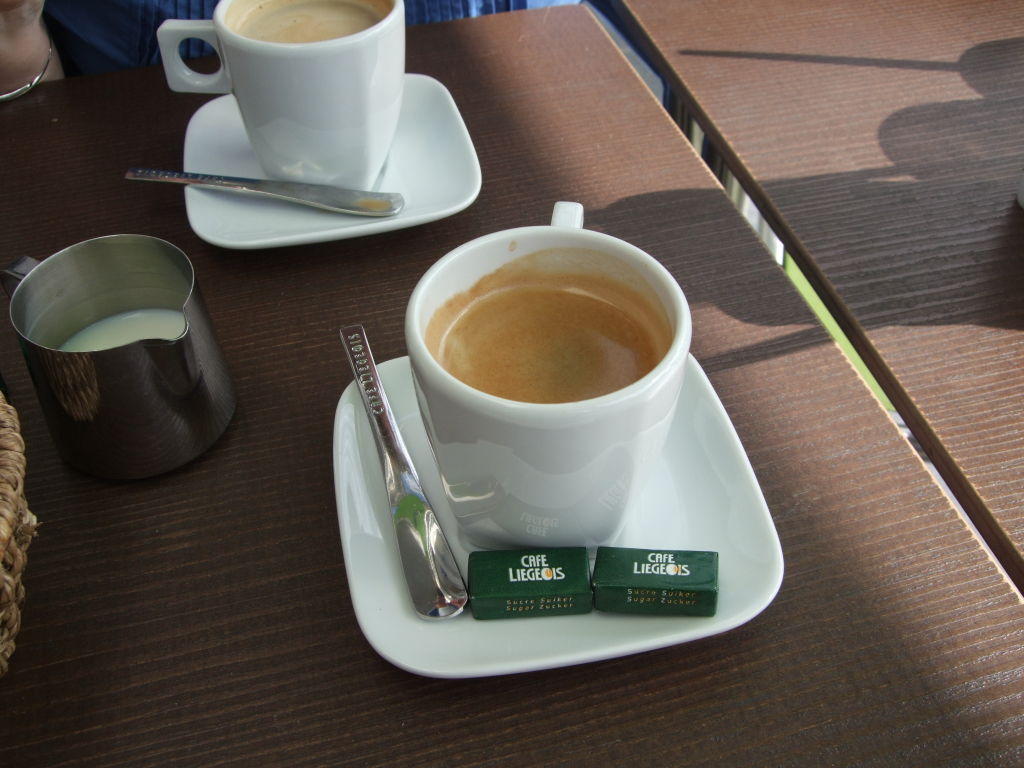
Coffee, if strong, speeds you up, including your heart-rate, and can make sensitive people ‘nervy’. Those who are new to coffee usually find its effect is stronger.
If your constitution is somewhat slow metabolically, or you are tired, coffee gives you a ‘lift’ and wakes you up.
That’s its primary – yang – action.
But its secondary effect, very noticeable in yin deficient people, is to make you feel more tired than before.
If you are yang deficient, it is usually pleasant and your yin energy copes well with it, so it doesn’t keep you awake.
But as you age or become yin deficient, coffee drains your yin energy, often making you less able to sleep. Indeed, some hours after a strong coffee, if you are unused to it, you may feel exhausted for a while.
Read more about coffee and its effects here.
Most young or fit people have plentiful supplies of both yin and yang. So when they feel a bit tired or in need of stimulation, coffee works well, without long-term side effects, as far as one can see at the time.
Also, of course, your liver learns to adapt to some extent.
But long-term, as you age, you may find that the primary and secondary actions of coffee become more apparent as you need more and more coffee to achieve the same effect as before, meaning your yang energy is growing deficient. You increasingly need the ‘kick’.
Eventually, because yang and yin are so closely related and interdependent, a loss of yang energy will lead to a loss of yin energy and you will find that the increasing quantities of coffee you need lead to you feeling weak and unsteady, always in need of caffeine to keep you at working pitch.
That suggests you suffer from increasing deficiency, probably of both yin and yang.
Usually in Chinese medicine baldness is seen as either constitutional and/or from deficient Blood.
Blood is yin in nature, so people who lose their hair suddenly, for example when taking chemotherapy for cancer, are often given herbs to compensate.
Others lose their hair because of some impediment in the way their Blood is made. A common reason is worry or grief. Worry impedes the action of your Spleen, and grief that of your Lungs (though other Zang-fu energy organs can be affected too).
That Mexico’s men retain their hair, yet enjoy strong chilli peppers and tequila shows that they have good constitutions and ample yin energy.
In food, the primary and secondary actions are less obvious because foods are less concentrated than herbs. But if you eat nothing but roast chicken – which is warming – it will eventually have a heating effect on you.
Also, most people eat a range of other foods most days, so we might never eat enough of a particular food for its primary and secondary actions to appear.
By the way, over-sensitivity or even an allergic reaction to a particular food is something else, not always related to its primary and secondary actions.
In Chinese herbal medicine, the primary and secondary actions of herbs are very much appreciated.

The herbs are prescribed for their primary actions, but other herbs are added to deal with any unwanted secondary actions.
So a herb to clear phlegm is likely to be drying. Other herbs will be given that are moistening, and yet other herbs to make sure the mixture is easily absorbed and that the formula works.
Chinese medicine has thousands of years of experience of this.
Before saying the following, please accept that I appreciate the manifold benefits Western medicine has brought to the human race!
But Western medicine is, in its current form, only a few hundred years old, and the drugs it uses are often brand new, or are the purified extracts of the so-called ‘active’ principle of existing herbs.
It doesn’t think in terms of the primary and secondary actions of the drugs it uses. Secondary effects are classified either as adverse effects or side-effects or interactions.
Although elaborate procedures are mostly in place to test them for efficacy and safety, we know, from the frequency with which new drugs are suddenly withdrawn, that many of their secondary effects go unnoticed or unreported during tests.
Also, Western medicine has no notion of what Chinese medicine means by the energy of a medicine. Consequently it is very hard to give the correct additional medicine to compensate for the secondary effects of the main medicine prescribed.
That is why doctors have to experiment on their patients to find the best mix of drugs. (Besides, they don’t appreciate that often foods might be found to help to mitigate the primary effects of a medicine.)
When giving a drug, doctors also don’t have the knowledge to diagnose whether their patient is
(See more about this under Excess or Deficiency.)
Even that small amount of information, together with knowledge of the energetic effect of the drug proposed, might reduce problems.
That is why some patients react well to a given medication, and others don’t, and need substitutes.
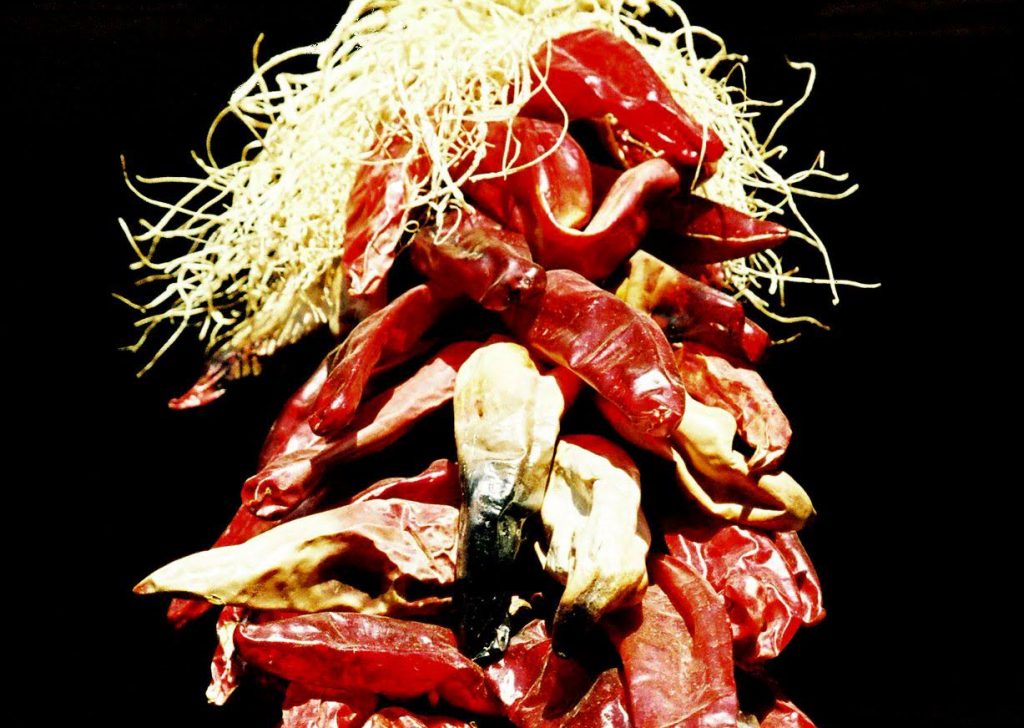
For example, if you tend to have a yang-type metabolism, tending to excess yang reactions, a drug that was heating – whatever its other medicinal value – would be counter-productive.
A more cooling yin-type medicine would be better. (And the fiery hot chilli peppers in the picture above would not be a sensible food choice for you!)
I presume that it took the Chinese centuries to work out, without the advantages of modern science, what herbs worked well with one another. With Chinese medicine, you adjust the herbal formula according to the specific constitution of the patient.
Experience in Chinese herbal prescribing takes time to acquire. In the UK, a first degree course might be in acupuncture, to learn the theory of Chinese medicine.
Then you do a second degree or diploma, lasting another 3 years, to train in Chinese herbal medicine. Then would follow many years of acquiring experience!
Another problem for doctors is that they don’t test new medicines in terms of their energetic effect. Until patients have tried a new drug over a period of time, doctors don’t know what its primary and secondary actions will be.
So doctors have to do their best with limited information. It takes time for even practitioners of Chinese medicine to realise what the primary and secondary actions of a given medicine will be.

Whether you believe in homoeopathy or not, the principles of action of its medicines (called remedies) are clear.
Homoeopathic remedies are all based on poisons.
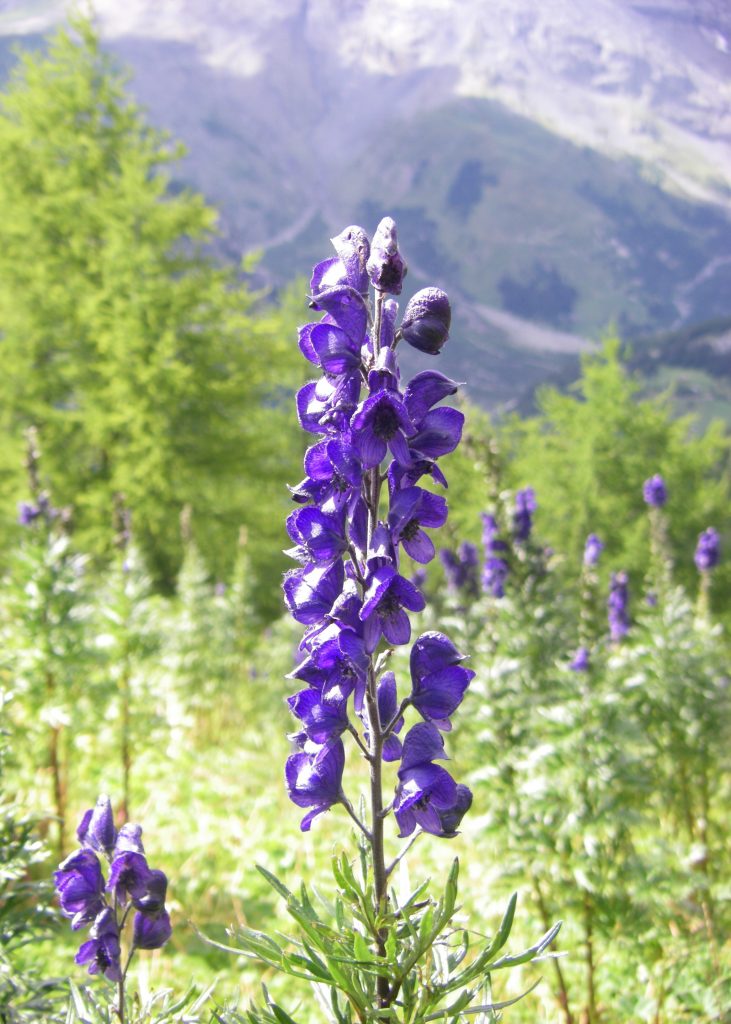
Any foods used as the basis of homoeopathic remedies have a clear action. For example, onions make your eyes water and your nose sneeze.

Salt makes you thirsty. Coffee makes you alert and ‘speedy’.
Those are the food’s primary actions. However, unlike any other form of medicine of which I’m aware, homoeopathy alone relies on the secondary action for its results.
Of course, remember that when I say that foods or herbs or remedies have primary and secondary actions, it is not the food but the body’s reactions to it that produces the action.
If I am trying to get to sleep but am too alert, too nervous, unable to sleep, etc, coffee (in its homoeopathic form) might be the remedy for me.
Its primary action is to increase my alertness etc. Its secondary action is to make me calmer and more sleepy.
The same goes with all homoeopathic remedies.
I’m sorry to say that not all people who use homoeopathy understand this concept of the primary and secondary actions of remedies. So they give a remedy based purely on the primary effect, and then keep repeating it. This prevents the secondary effect from occurring. Or if the secondary effect does occur they get confused!
What reduces homoeopathy’s credibility is that at the dilutions used, there seems to be no remaining trace of the original poison. So, critics reason, the ‘remedy’ cannot possibly have a chemical, let alone a measurable, effect on the body.
Western medicine and its doctors find it hard to believe in any medication which has no conceivable chemical action.
Also, homoeopathy doesn’t work well with the double-blind, placebo controlled randomised trial demanded by Western medicine.
Why?
And, of course, you need a good homoeopath and a patient willing to wait for results which, in complicated cases may take months if not years to unravel. Especially where there has been what is called ‘suppression‘.
So homoeopathy often does poorly in tests. That doesn’t mean it doesn’t work!
Over time, you may become more aware of how your body reacts to different foods.
The primary effect can last for many hours and the secondary effect may be much less obvious, or obvious only to people who are particularly sensitive to it.
Sensitive people, in this sense, are often
Acupuncturists become aware of how people react, and given time may be able to help their patients towards better health.
As you get healthier, you may find you notice, earlier than you did before, the secondary effects of foods and herbs that you take.

Stay in Touch!
No spam, only notifications about new articles and updates.

Book a Video consultation if you want to know more about your symptoms
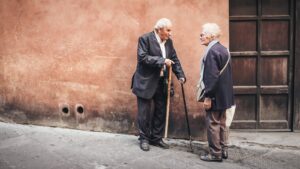
This Introductory Chinese medicine course introduces you to the amazing thinking behind this ancient medicine, now increasingly in demand.
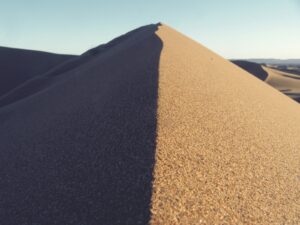
The Scottish College for Chinese medicine provides introductory courses for all, explaining Chinese medicine and its cultural background.
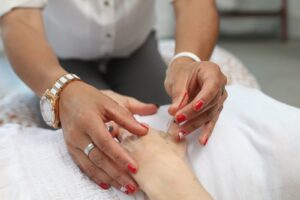
Master Tung’s acupuncture is a hidden treasure, lost to China but recovered in Taiwan from where it spread round the world.
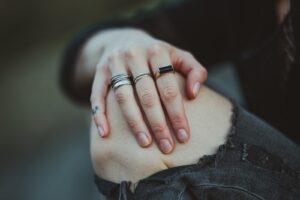
Knee pain has five main causes. It’s certainly worth trying acupuncture before you resort to surgery!
Subscribe to the Newsletter
If you are interested in understanding how Traditional Chinese Medicine can improve your life sign up to my newsletter for the latest updates.
Subscribe to the Newsletter
If you are interested in understanding how Traditional Chinese Medicine can improve your life sign up to my newsletter for the latest updates.